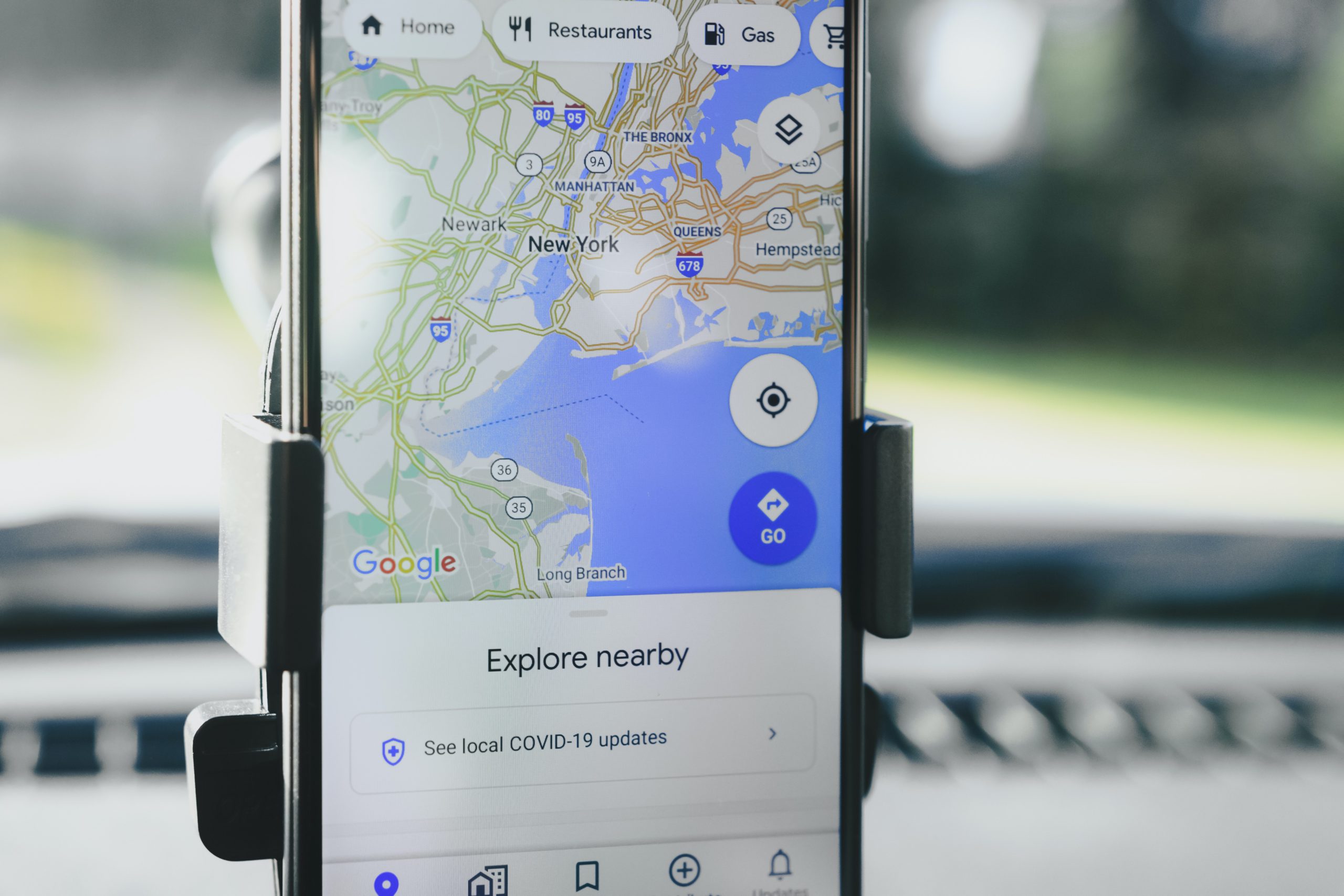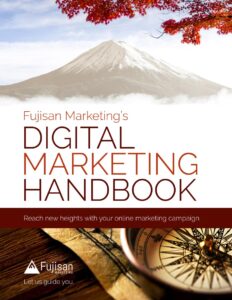Blog
Guidance from our Digital Marketing Experts in Seattle
When it comes to developing your SEO strategy, there are 2 distinct things you should keep in mind – E-A-T and YMYL. E-A-T stands for expertise, authority, trust, and is one of the main ways Google gauges your credibility in your niche’s ecosystem. YMYL stands for “Your Money or Your Life,” which may or may not apply to your business. More on this below. Let’s start with E-A-T, which stands for: Expertise refers specifically to the creator of the article (or blog post, video, etc.). Basically speaking, if you are […]
Besides being a fun acronym to say, FUDs are an important thing to consider regarding your website. “FUD” stands for fear, uncertainty, and doubt. Essentially, they’re the reasons visitors to your site might leave without purchasing your good or service in the first place. All else held constant, FUDs lead to a poor user experience. They can often prevent otherwise interested visitors from converting, whether that’s through making a purchase, submitting a lead, etc. This is because these fears, uncertainties, and doubts undermine a visitor’s trust — can they trust […]
What’s a UTM parameter, and how do you use them? UTM stands for “urchin tracking module,” and it’s a collection of five URL parameters you can implement to track your online marketing campaigns’ effectiveness. When somebody is referred to your site by an external link, the applied UTM parameters get sent to your Google Analytics. From there, you can see the subsequent data in your Campaigns reports. Screenshot of Google Analytics user activity To access the above view, open Google Analytics, select the dropdown for Acquisition, then All Traffic, then […]
Google’s a necessity for any business in 2021. It’s also never staying still. This can be super helpful for your business — so long as you keep up with and utilize Google’s changes. Most recently, they’ve got a handful of changes to Google My Business. Here’s what they do and how you can take advantage of them: First off: New attributes Between the end of 2020 and the first half of 2021, there have been quite a few changes here. For starters, there have been a lot of updates to […]
A look at content and why it matters “Content” is such a commonly-used word in the online sphere, it borders on cliché. It’s ubiquitous not just in the marketing world — “content creator” is the new name for anyone who makes anything online, regardless of medium or, at times, quality. It’s the same for your business (although quality, in this case, very much matters) — content can be anything! Text, audio, images, video; it all works. The main thing people often think of as content is a blog, but it […]
Of all the apps, tools, and platforms Google offers, Google Trends is one that can often be overlooked by both online advertisers and regular people alike. It’s not ubiquitous like YouTube, Maps or Gmail, and not built-in to your work role as a marketer like Google Ads. But it can be really helpful, is immediately accessible to even the most tech-illiterate, and has multiple uses. So why don’t more businesses use it? First off — what is Google Trends? Google Trends is a completely free tool offered by Google that […]
First off: why even have a blog? This is a pretty common thing to wonder for those who are just beginning their dive into an improved online presence. In some ways, it can feel like just another task in an area that can already be a bit overwhelming at first. But once you learn more about blogs’ role in your digital visibility, it’s clear they’re a really, really great tool. A blog can help answer people’s frequently asked questions, share industry news, and address informational intent from search engine users. […]
When someone hits “enter” on a search engine, what’s their purpose? Or at least, what’s their search’s purpose to them? Crucially, there is no one answer — so for Google, understanding the intention of someone’s search is the top priority. What does that mean for you? Consider the Chicken “How to make chicken.” If someone searches for that, the top results are for recipes. They’re blogs and videos, not brick-and-mortar businesses or products from an ecommerce site. That’s because Google knows that search is someone looking to learn, not buy. […]













